Decolonise! International Voluntary Service, a project that began in 2022, is a collaborative initiative between ICYE Federation and Coordinating Committee for International Voluntary Service (CCIVS) for decolonisation of international volunteering.
So far, the project has yielded several meetings, papers, and advocacy initiatives on how to recognize the colonial structures of international voluntary service and how to tackle them. The most current task of the project team has been the development of the Decolonise International Voluntary Service Self-Assessment Tool for Organisations that is to be released in spring 2024.
International voluntary service can be a way to promote global cultural understanding, but at the same time, it is a field at risk of upholding harmful global colonial structures. Those factors combined with the involved organisations’ willingness to learn how to decolonise their activities further has motivated the team to develop the tool for organisational self-assessment. “The idea was simply to have a more solid and comprehensive way to self-reflect and conduct base-line studies in organisations to see where they stand in terms of decolonisation”, explains Hanna Sainio, a member of Maailmanvaihto’s Board and the self-assessment development team.
Courtney Kelner from ICYE International Office has been working with Decolonise! project since its beginning and sees that there has been demand and receptivity for such a tool among volunteering organisations. “We are prepared to motivate organisations to use this tool, but we also haven’t encountered much scepticism. Most organisations are curious and want to learn more”, Kelner explains. “We all have a shared understanding that a deep exchange can help the organisations to reach a decolonial mutual understanding and improve collaboration.”
Decolonisation is by no means an issue that only affects international volunteering. Many different organisations and collectives in the world have also been working on decolonisation and have already developed different tools, workshops, and initiatives for it. However, Sainio and the rest of the Decolonise! team sees that the specificities of international volunteering create a demand for a tool that is specifically tailored for people working within the field. Kelner also notes that a lot of available decolonial self-assessment tools available online have been developed for organisations working in the Global North, and therefore, might not serve a network that has members on multiple different continents.
Decolonisation as a process relies heavily on self-reflection, which is also present in the tool. Many of the steps in the tool include tasks that encourage each individual to think critically about their own positions and biases. However, Ratherford Mwaruta, a member of Zimbabwe Workcamps Association and the self-assessment tool development team highlights the importance of collective “People should understand that decolonization is a collective process, and one can not decolonise alone, and so the self-assessment tool should also be understood as beneficial for the whole community and society”, Mwaruta explains.
Despite being in the development stage, the self-assessment tool has been tested out in few organisations. Kelner, Sainio and Mwaruta all agree that the feedback from test organisations has been very useful, both critical and encouraging. “Generally speaking, the respondents report having conversations that they would never have had otherwise. How cool is that!” Kelner beams.
Self-Assessment Tool for Organisations: tips how to use it
1) Reserve time slots for the tool throughout the year
The Self-Assessment tool combines dialogue and self-reflection, both of which are actions that require both active effort and passive processing.
“I suggest breaking it down into manageable time slots and doing a few questions at a time”, Kelner suggests. “Alternatively, I think the tool would be really fitting for use in an annual team-building retreat.”
2) Be ready to self-reflect and share
Decolonisation starts from understanding one’s own biases, positions, and privileges and turns into action through honest, brave and respectful dialogue with others. “Relationships are the real opportunities for societal transformation”, Kelner believes.
3) Avoid binaries and black-and-white thinking
Various countries, organisations, groups and individuals have complex relationships with colonial structures. There are many contexts where one can counter decolonial dialogues by responding that we have also been colonised, which may block fruitful discussions even before they begin. The team hopes that these different binaries can be seen as important places of exploration rather than obstacles. “This tool does not try to point fingers, spread guilt, or blame anyone”, Kelner reminds. “We need to find ways to talk about tricky topics without resorting to defensiveness. And that is hard to do because we have so little practice, but the tool is a way to start practicing.”
4) Discussion on difficult topics can be freeing
Decolonial dialogues deal with difficult topics, but having open and honest discussions about them can be liberating. “Imagine what kind of conversations can emerge when you, figuratively speaking, address the elephant in the room and acknowledge that colonial structures affect us all in different ways. It’s a small but significant gesture”, Kelner reminds.
5) Take it out to the world
Decolonial activities should not remain only inside your own organisation. After organisational self-assessment, Kelner reminds that the next step is to find ways to interact with other organisations. “The tool might help you to find ways how your organisation can have better relationships in the field of international volunteering and your local community. The self-assessment journey really gets interesting when you start finding opportunities to make changes in the world.”
Text: Roosa Kontiokari
Visit the Decolonise! project’s Knowledge Hub for resources
Would you like to explore more the theme of decolonising international volunteering? Have a look at the Knowledge Hub of the Decolonise! project.
The Knowledge Hub includes toolkits, reading material, and videos. In 2024, a new addition to the Knowledge Hub will be the self-assesment tool for orgnisations currently developed in the project.
The Decolonise! project brings together 10 organistions of international volunteering from Argentina, Austria, Belgium, France, Finland, Germany, Italy, Nepal, and Zimbabwe – among others Maailmanvaihto – ICYE Finland.
>> https://ccivs.org/decolonise-ivs-knowledge-hub
Text: Minna Räisänen
The article has been published in MaailmanVaihtoa – Volunteers’ Voices 1/2024. The theme of the issue is partnerhsip in international volunteering.

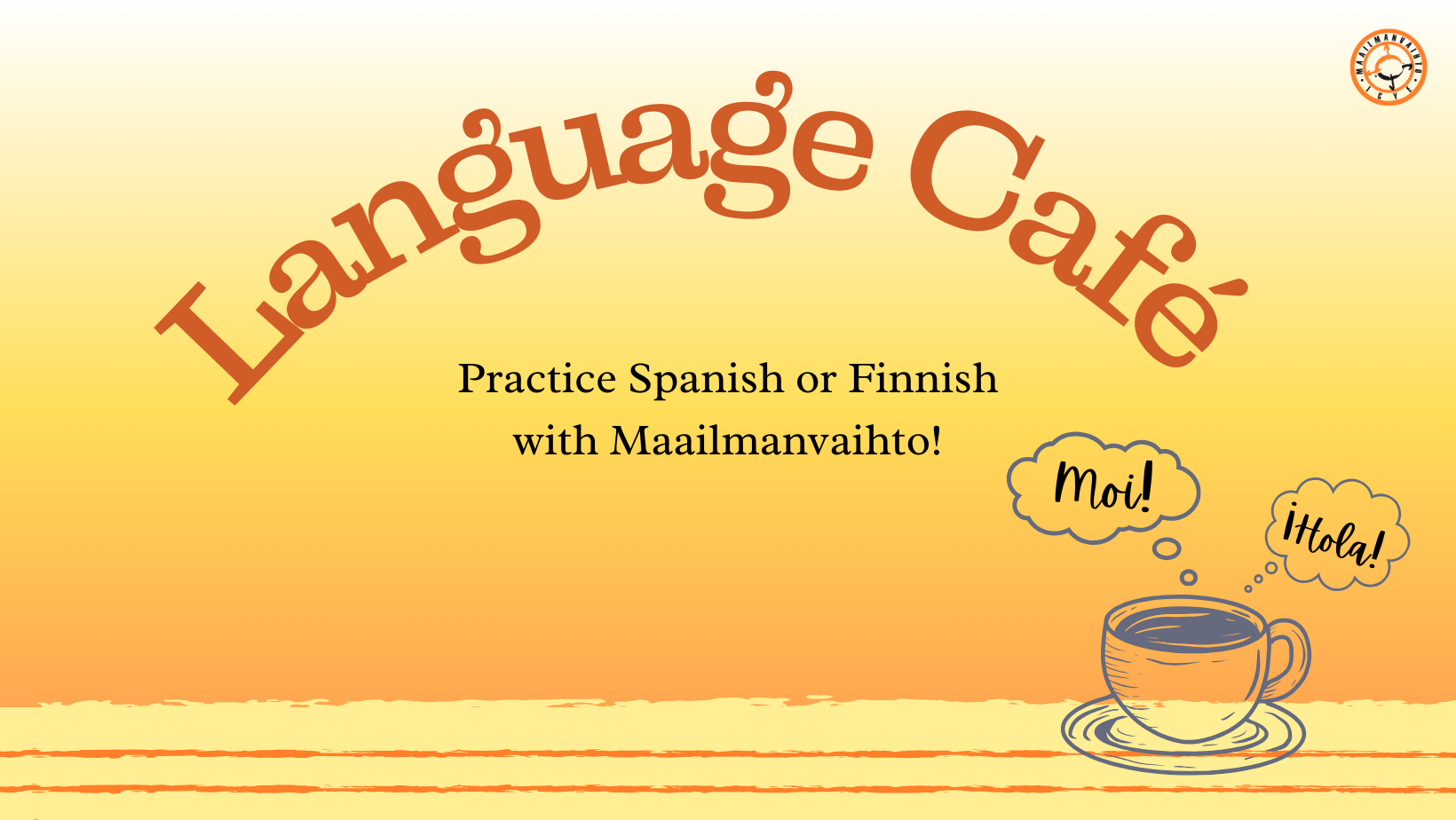


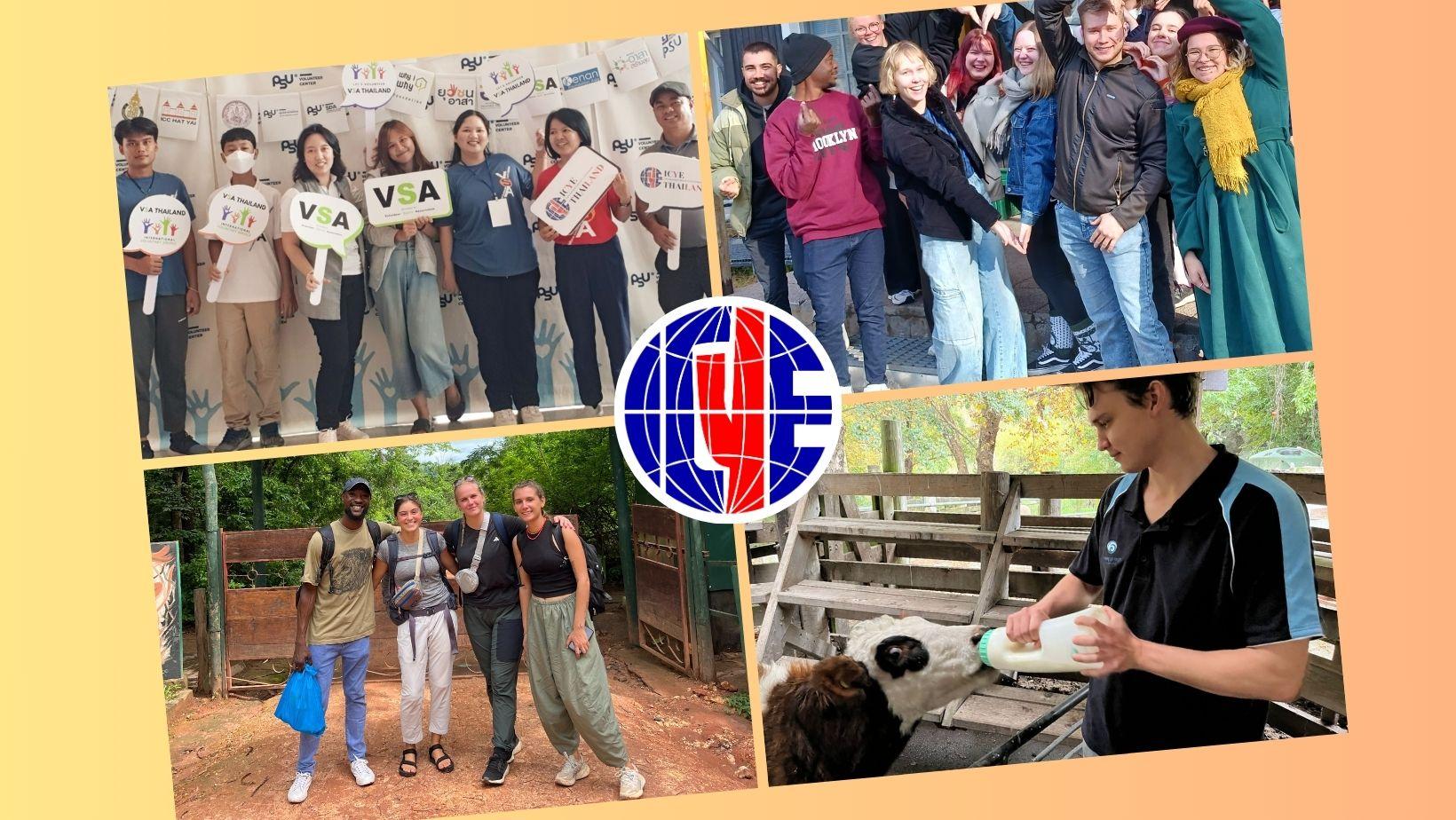
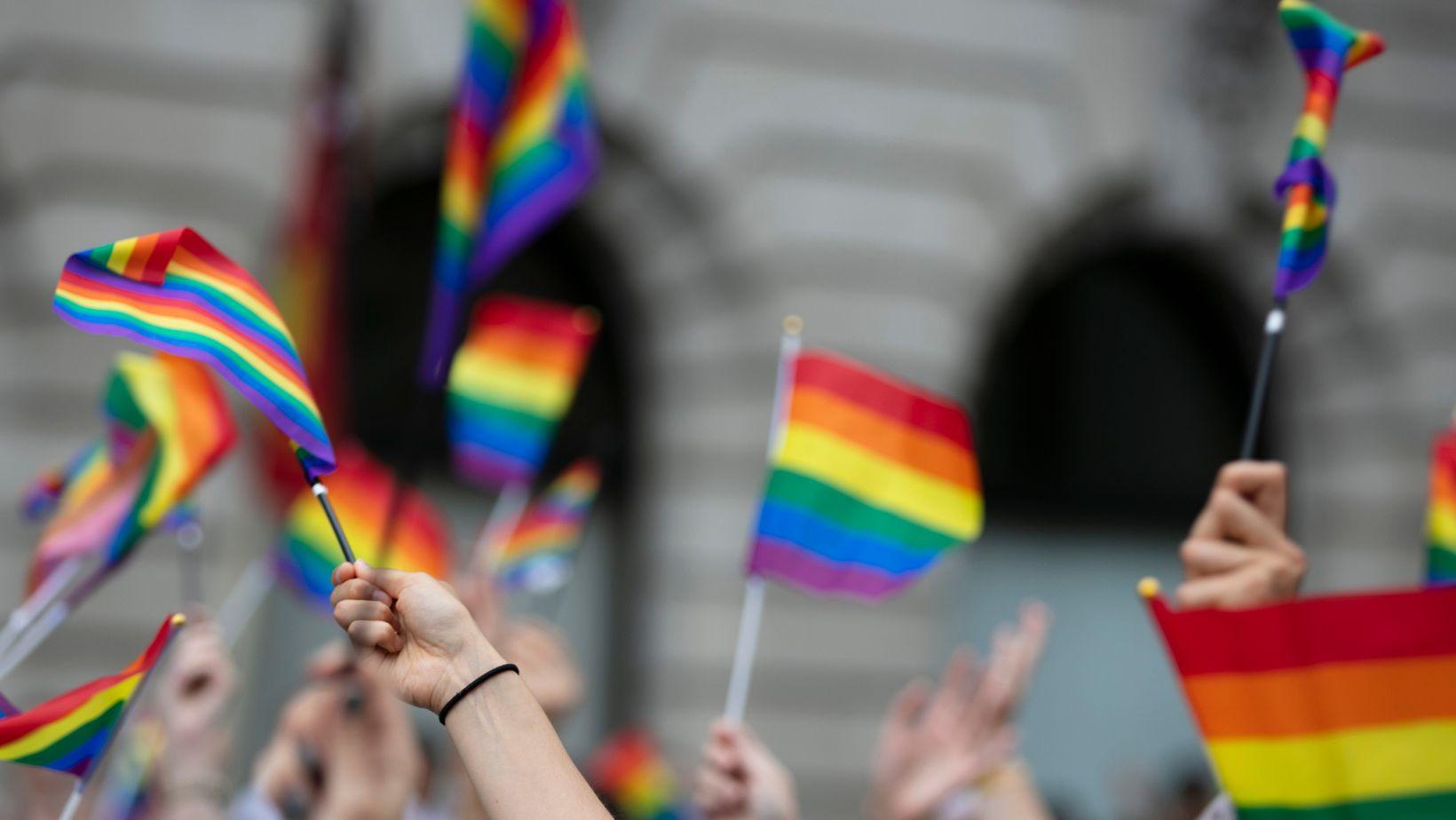
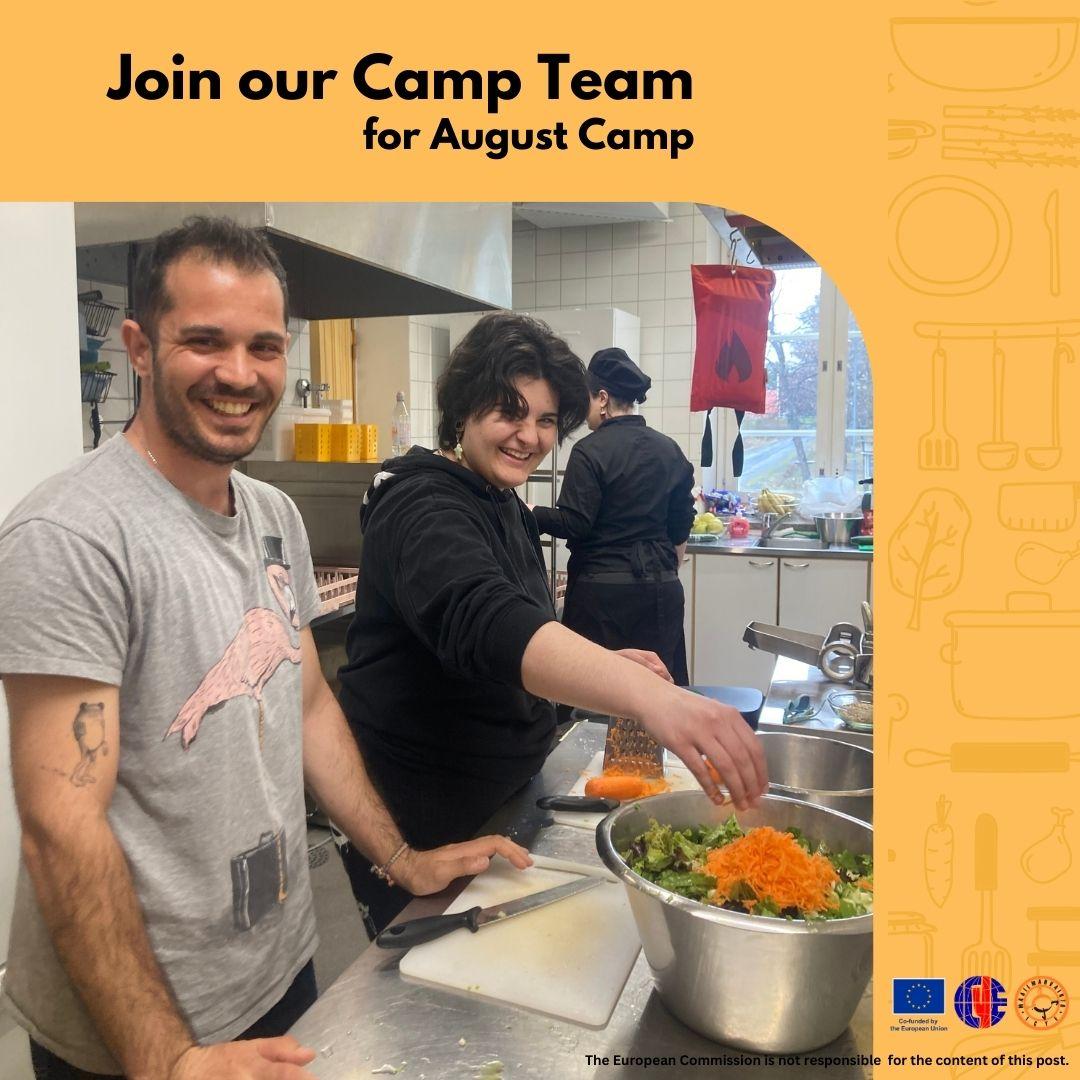



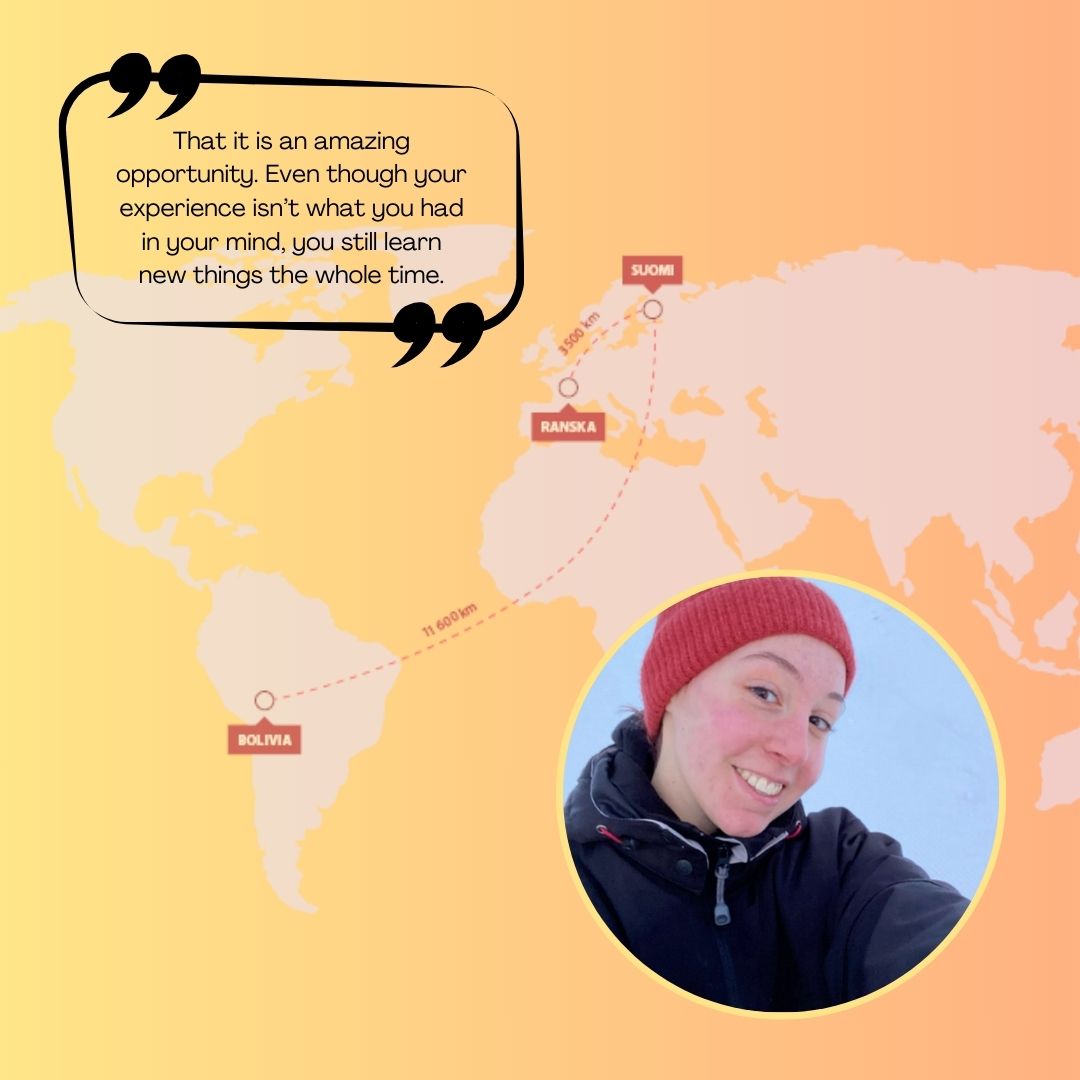
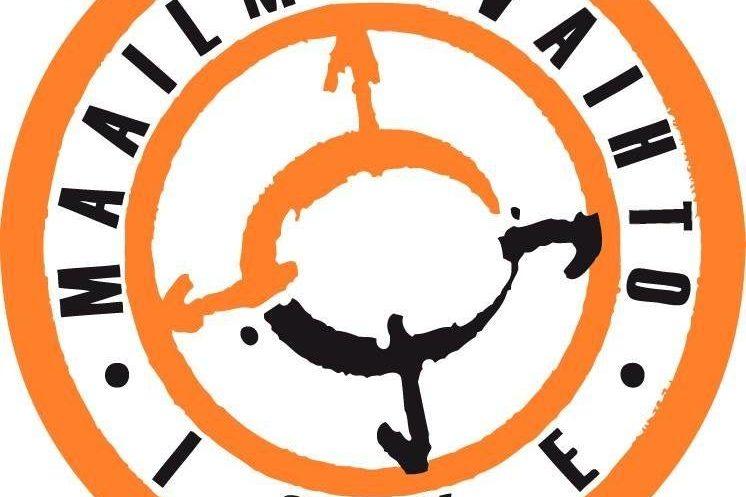
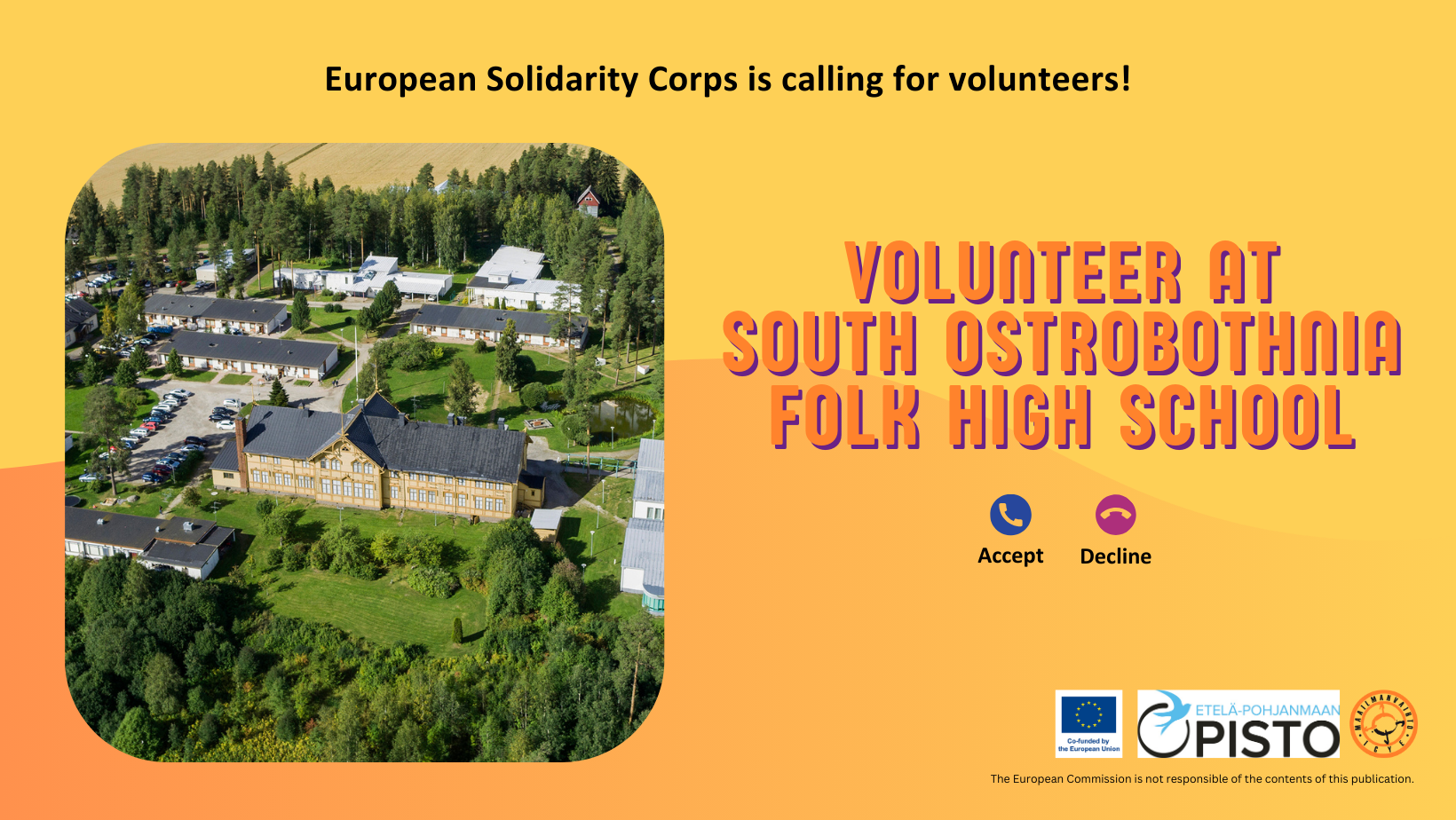
 Exciting news: we have a new host organisation waiting for you!
Exciting news: we have a new host organisation waiting for you! Location: Ilmajoki, Finland
Location: Ilmajoki, Finland Volunteering period: 20.8.2024–20.6.2025 (10 months)
Volunteering period: 20.8.2024–20.6.2025 (10 months) Deadline for applying: 7 April 2024
Deadline for applying: 7 April 2024
